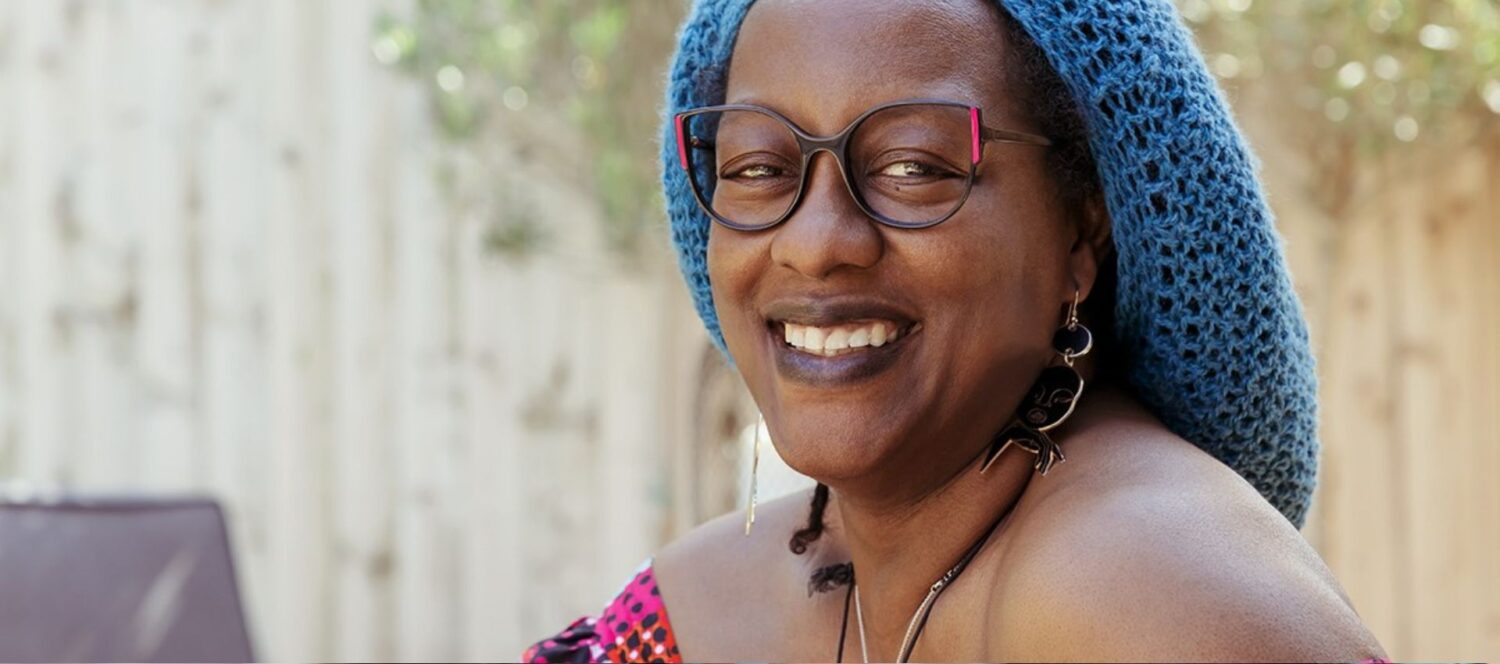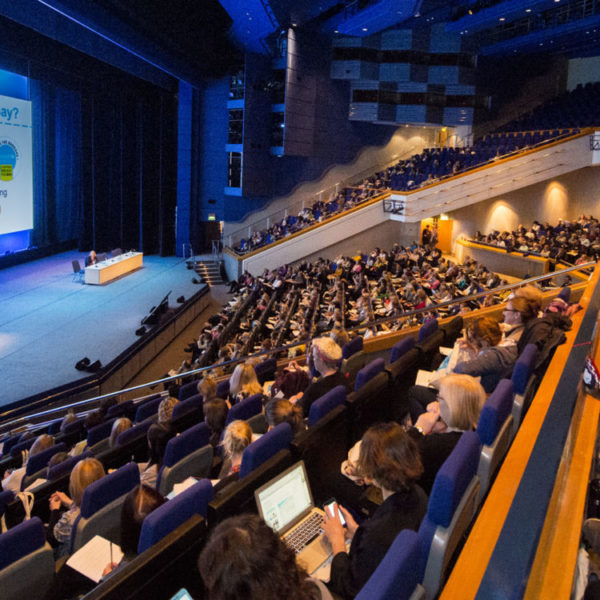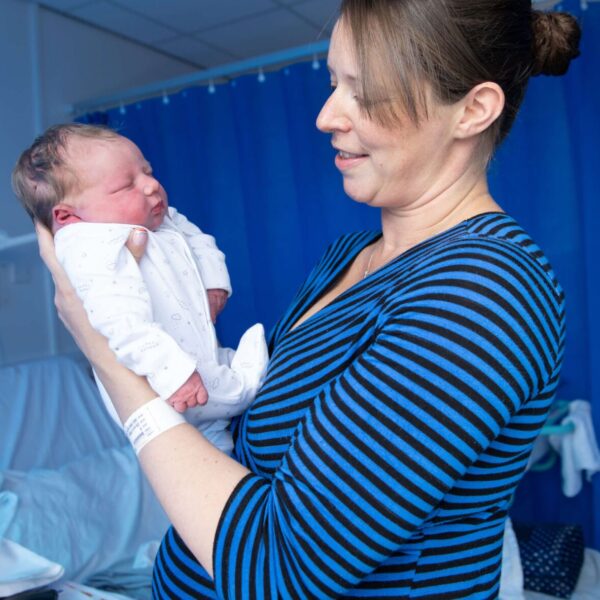Doula Educator and Birth Activist, Mars Lord, shares her thoughts on the importance of breastfeeding education in a guest blog for the 2020 Baby Friendly Virtual Conference.
Blog first published on marslord.co.uk, 18th August 2018. Edited for clarity and reprinted with permission.
With World Breastfeeding Week and Black Breastfeeding Week having recently taken place, we must think about the support that we give to women during this period of their lives. Much is said about the ‘mom wars’ and how guilty women who choose or need to formula feed feel when breastfeeding is promoted or talked about. Very few (for I am not arrogant enough to say no) birthworkers, breastfeeding supporters, breastfeeding mums, etc., go out to shame these women. And yet, shame is felt. So, we need to tackle that without compromising the facts of breastfeeding and without scaling back the already scaled-back care of breastfeeding mothers.
Personally, I think that the conversation, and therefore our education, should begin long before breastfeeding starts or is even a thought. My daughters are blessed because they have me as a mother. Because of this, they have seen breastfeeding, heard me on the phone talking about breastfeeding, seen me support people in our home, etc. However, this is not the experience for all women. It certainly wasn’t mine. When my youngest sister had her daughter, I didn’t have the experience and knowledge that she needed at the time. Her breastfeeding relationship was short. I am, however, hugely proud of her for every drop that she gave to her daughter. By the time my niece had her first baby, I was a fully established doula with a huge amount of breastfeeding knowledge. I was able to support her through the difficulties she experienced in the early days, to talk about the reasons why she hadn’t been breastfed for long, to listen and support her as she told me that she didn’t enjoy breastfeeding. She breastfed until her son was one.
So how do we begin the conversation and education? And when do we start it? To enable us to bring breastfeeding education to future parents, supporters and advocates, we need to normalise it. We need to see the imagery, hear the stories and pause before either passing judgement or receiving ‘perceived’ judgement.
It is entirely possible to be a breastfeeding advocate having never breastfed your own child. The facts need to be given clearly and support needs to be put in place for all parents, however they have fed their child.
It is easy to fall into simple rhetoric, but our words have power. People can only make informed choices when they have all the information. This means that all of the people involved in the birth of a child need to understand how and why breastfeeding works and why it is the biological norm. Cutting back support groups, healthcare professionals and resources only cripples breastfeeding rates and guilt, shame and/or defensiveness begin to rear their heads as misinformation is shared. So, the conversation needs to be continued. Uncomfortable truths will be spoken and for many of us, we will have to look at how it makes us feel. We then have the responsibility of deciding how we deal with that.
What interests me greatly are the breastfeeding statistics within the black community. I have spoken with people from some of the leading breastfeeding organisations about supporting black women and the answer always comes back, “But they have the highest rates of initiation, so we don’t think that there is an issue there.” So, the question on my mind is, “What are the rates after initiation? At 3 months, 6 months, 1 year, 2 years, natural term?” I would love to hear your stories about your breastfeeding journey.
Update: My daughter gave birth to my first grandson last September (2019) and whilst she has had some bumps along the way, he has been fully breastfed by her. More and more Black advocates and peer supporters are becoming known, though they still face implicit bias within some of the national breastfeeding organisations. Slowly, the imagery around Black breastfeeding is improving, however, that is merely the surface work and more needs to be done to confront the implicit bias that is embedded in much of the work.





